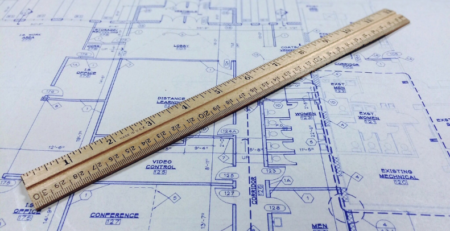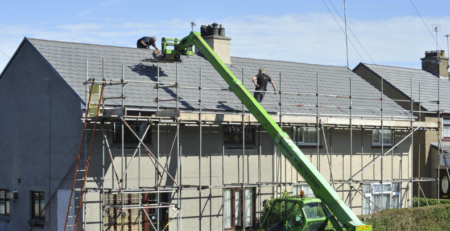What You Should Know When Selling Your Home
If you are thinking of selling your home and planning on revamping your property ready for prospective buyers to view, there are six specific areas you should know which buyers are very likely want to have checked out.
Potential buyers, of course, will want to ascertain the overall condition of the house, but there are certain things you need to be aware of which they will be looking for. Begin by asking yourself a simple question: what would you look for in your next home? Your primary focus will likely want to be on where the biggest potential expenses could be. This makes sense. aAfter all, who wants a nasty surprise a few years down the line that is going to cost an arm and a leg to put right? And if any issues are found, then that could either persuade you to look elsewhere or negotiate a better deal on buying the property.
So, here are six areas that potential buyers will likely want to check that could be expensive to put right. Paying attention to these areas will put you in a good position to be ready when it comes to viewings.
- Roof condition
- Subsidence
- Boiler and water
- Electrics
- Asbestos
- EPC energy rating
Roof condition
The roof is too often a neglected part of our homes when we are living in them. This makes it even more important to make sure they are up to scratch because, potentially, buyers will want to know the condition of the roof, especially given that they are expensive to repair. A new roof can cost between £5,550 and £8,250, depending on the size of the house and what needs to be done.

Roofs in poor condition will be off-putting to potential buyers and may even be the deciding factor in not making an offer. Would you want to move into a new property knowing that an expensive roof job was just around the corner?
Subsidence
The most obvious sign of subsidence is cracks appearing in external brickwork, or internally in plaster work. However, not all cracks necessarily mean subsidence, so it’s worth getting cracks looked at by a professional to make sure. Subsidence cracks are normally quite thick, whereas superficial cracks are not.
Another sign to take note of is sticking doors and windows. Absent any obvious reason why they would be sticking, the reason could well be as a result of subsidence.
Boiler and water
The condition of the boiler and water supply will be something that potential buyers will want to know about. So, don’t be surprised or offended if they want to turn on taps as they are walking around.
One way to ensure all is good with the boiler, and will also be a good selling point, is to have your boiler serviced ready for when you put the property up for sale. If any issues are found with the boiler at this stage, it will give you plenty of time to have them put right.
Electrics
Be aware that all electrical installations and appliances will deteriorate over time and with use. Landlords must have periodic electrical checks done on their property every five years, which gives a good indication of how important this issue is. It’s not just landlords that are to have periodic inspections; homeowners should have one done at least every ten years.
Circuits and wiring will be a part of any prudent home inspection. Before any offer is made on your property, checks will be made to make sure the electrics are in good working order. Making sure that your electric metre is working properly is a good start.
Asbestos
Asbestos will be one of the things that an inspection report will look for. Although asbestos is no longer used in building homes and is now illegal, it was used extensively in homes built prior to the 1970s. So, for those that are looking to sell an older home, you will need to have your property checked for asbestos and have it removed before selling. You will need to hire the services of a specialist company to perform this task.
EPC Energy rating
Potential buyers will want to see the energy performance certificate of your property. Having this ready to hand will tell you if your home has a good or bad EPC rating. The highest rating is a grade A (between 92 and 100 SAP points), which means the property meets the most energy efficient standards.
The energy performance certificate will use the UK government’s Standard Assessment Procedure (SAP) and assign a number score to your home.
- EPC rating A = 92-100 SAP points (most efficient)
- EPC rating B = 81-91 SAP points
- EPC rating C = 69-80 SAP points
- EPC rating D = 55-68 SAP points
- EPC rating E = 39-54 SAP points
- EPC rating F = 21-38 SAP points
- EPC rating G = 1-20 SAP points (least efficient)
The EPC shows potential buyers how much the home will cost to heat and light. It will also indicate what the C02 emissions are likely to be and what can be done to improve your EPC rating. Such recommendations will include things like double glazing, loft installation, wall cavity installation, replacing the boiler, and an efficient secondary heating source.
ARE YOU READY TO START INVESTING?
Subscribe to our mailing list now for exclusive deals, investment guides and the latest information from the property market.







